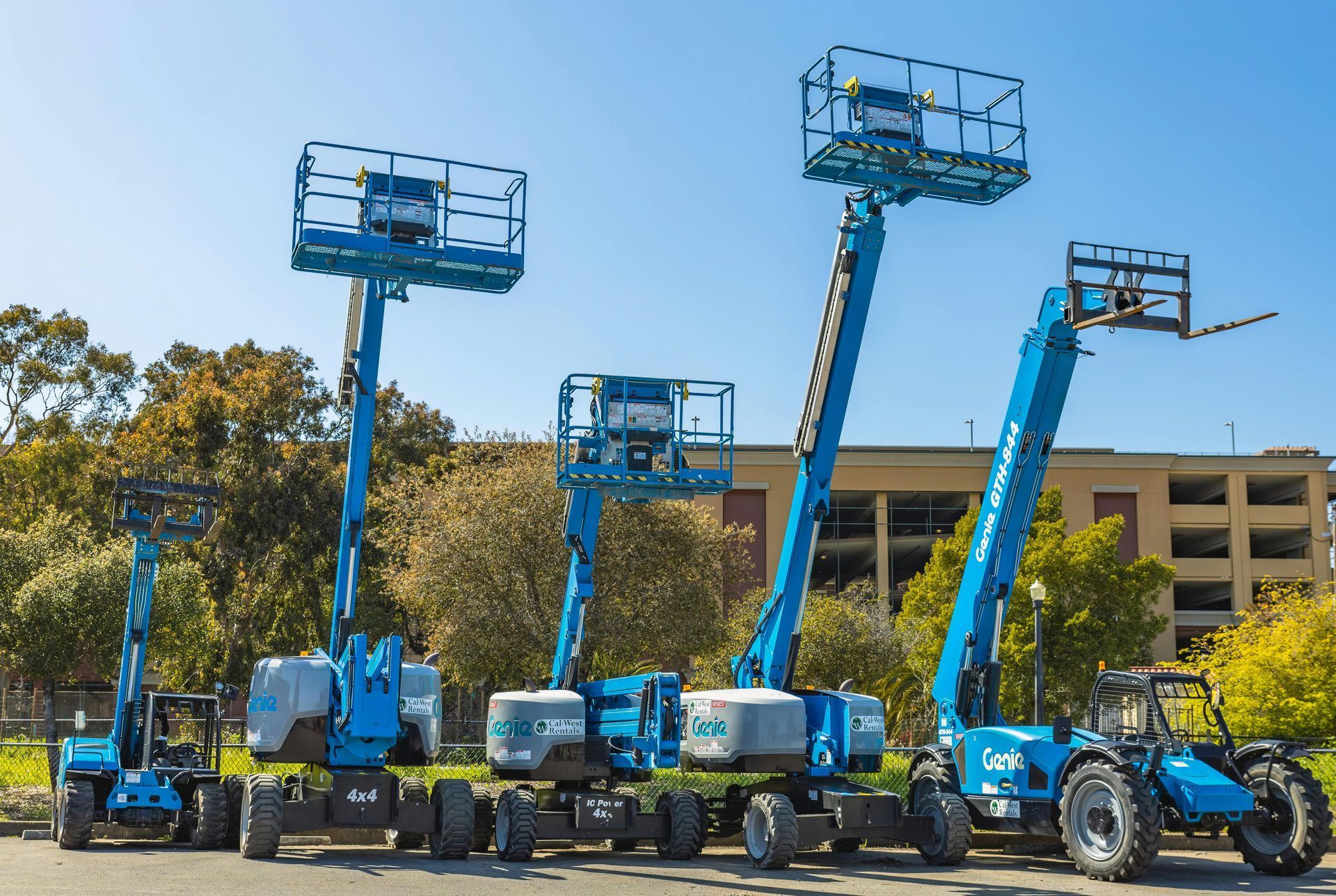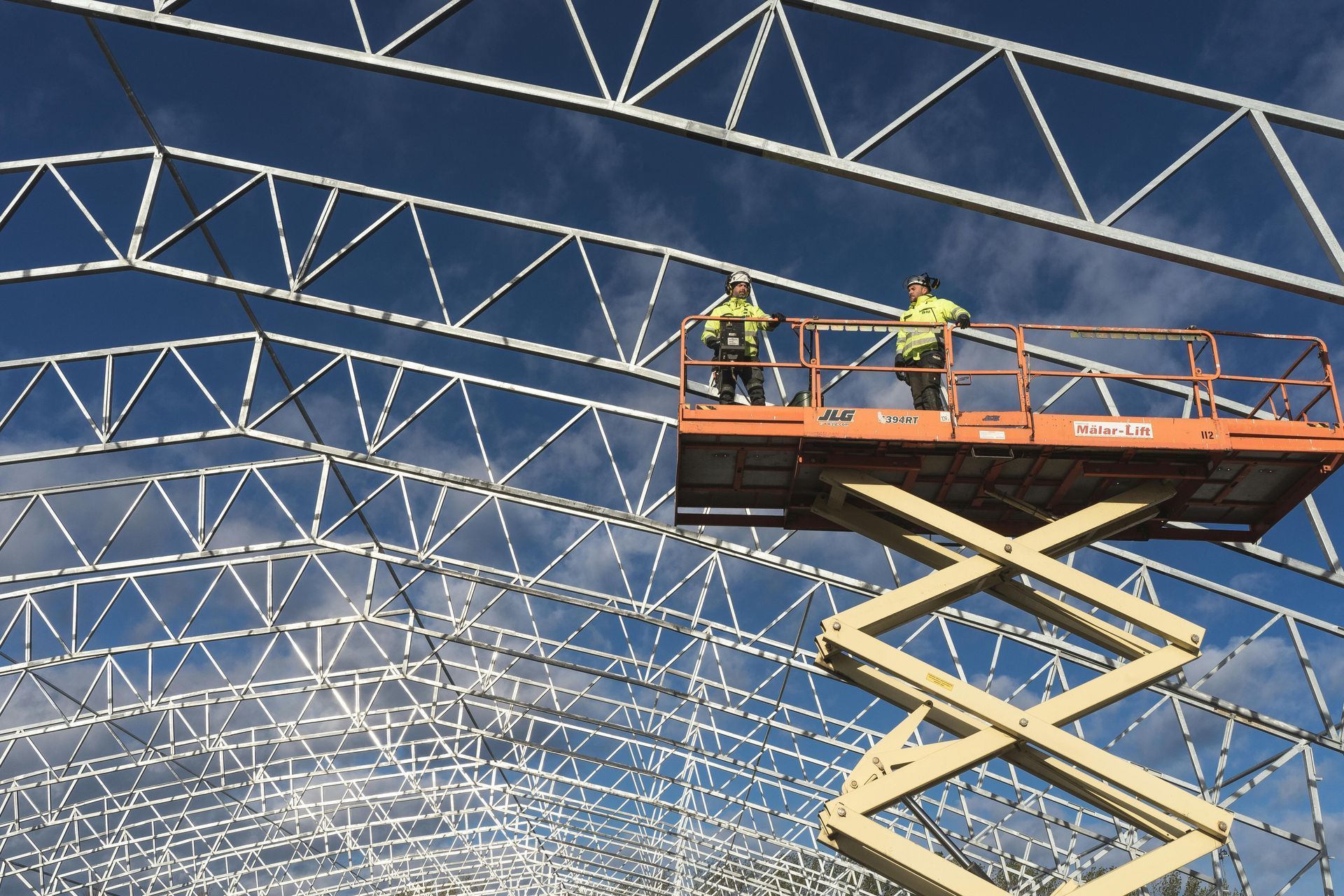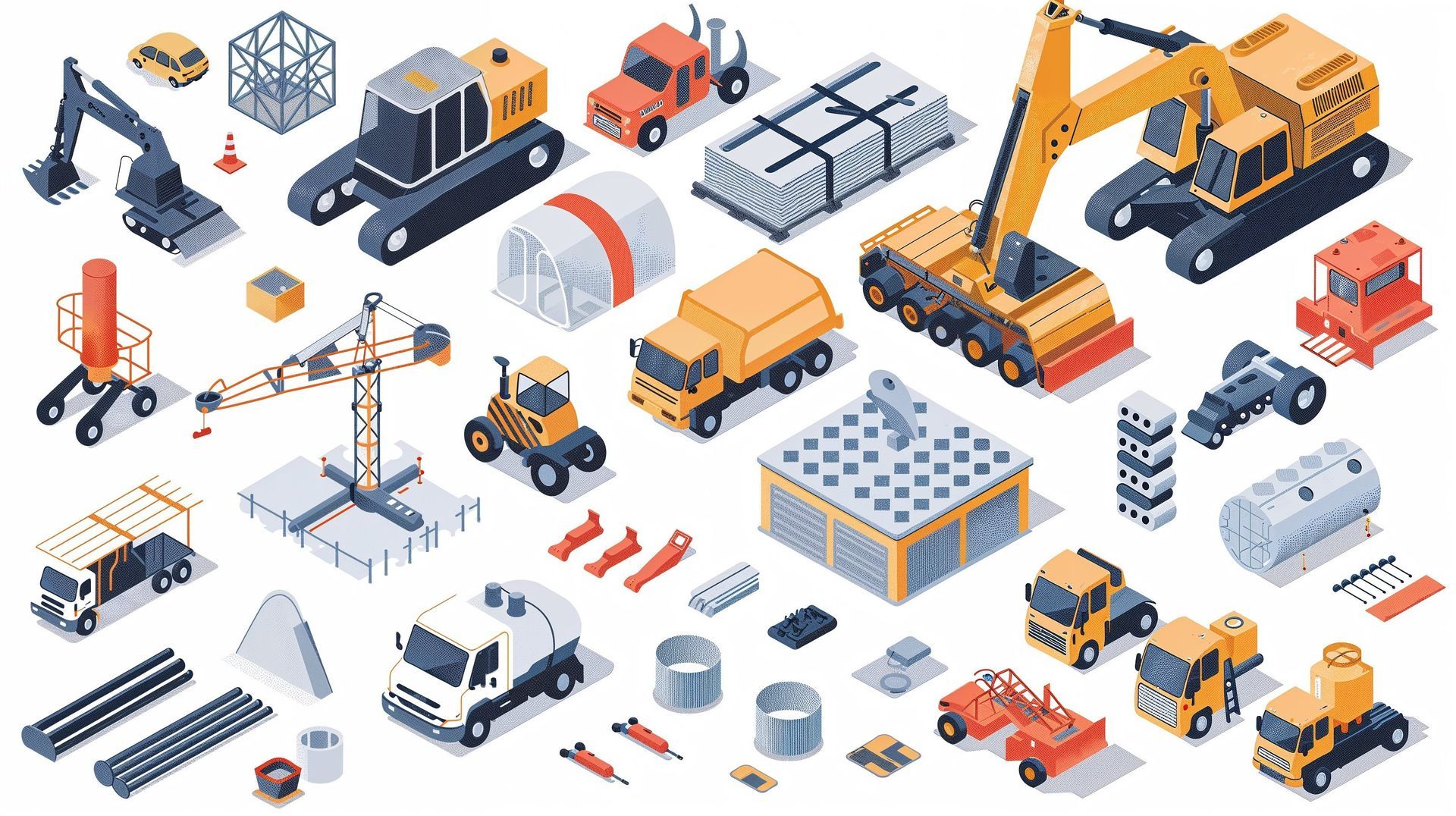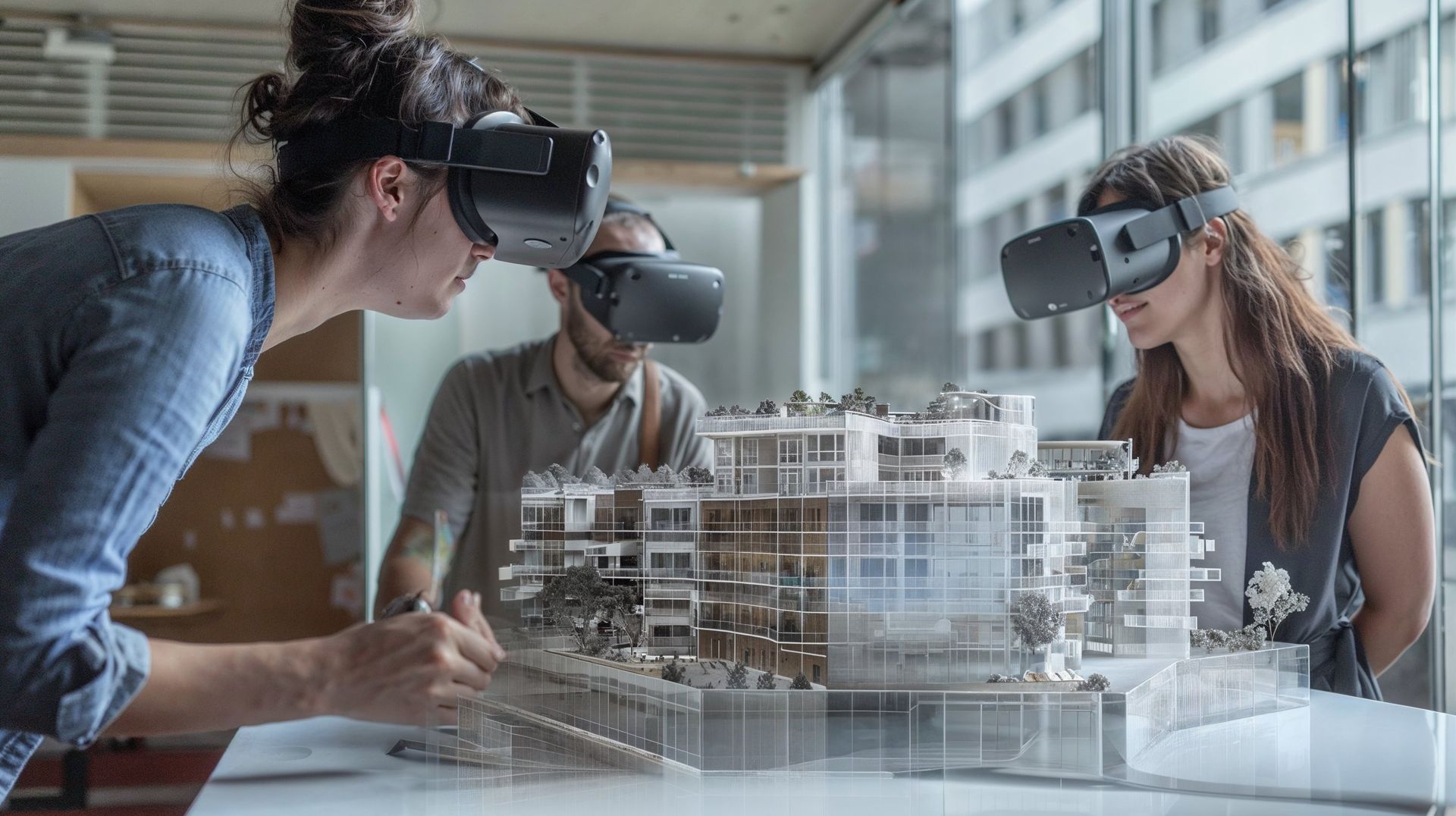Adapting to Remote Work in Construction: Tools and Strategies for Effective Project Management
Navigating the New Norm: Remote Work in the Construction Industry

The construction industry has long been associated with hands-on, on-site work. However, the global shift towards remote work has forced many sectors, including construction, to rethink traditional practices. Adapting to remote work in construction might seem challenging, but with the right tools and strategies, it's not only feasible but can also enhance productivity and project management. In this comprehensive guide, we'll explore how construction companies can effectively manage remote work, the tools available, and strategies to ensure successful project management.
The Rise of Remote Work in Construction
Remote work is not a new concept, but its application in the construction industry is relatively recent. The COVID-19 pandemic accelerated the adoption of remote work practices across various industries, including construction. While site work still requires a physical presence, many aspects of construction management, planning, and collaboration can be performed remotely.
Benefits of Remote Work in Construction
- Increased Flexibility: Remote work allows construction managers, architects, engineers, and administrative staff to work from anywhere, providing greater flexibility.
- Cost Savings: Reducing the need for physical office space and commuting can lead to significant cost savings for construction companies.
- Access to a Broader Talent Pool: Companies can hire talent from different geographical locations without the need for relocation, enhancing their ability to find the best candidates for the job.
- Improved Work-Life Balance: Remote work can lead to better work-life balance for employees, increasing job satisfaction and productivity.
Essential Tools for Remote Work in Construction
To successfully implement remote work in construction, companies need to leverage various digital tools and technologies. Here are some of the most effective tools:
1. Construction Management Software
Platforms like Procore, Buildertrend, and PlanGrid offer comprehensive solutions for project management, document control, and collaboration. These tools enable teams to manage projects, share updates, and track progress remotely.
2. Communication and Collaboration Tools
Effective communication is crucial for remote work. Tools like Slack, Microsoft Teams, and Zoom facilitate real-time communication and virtual meetings, ensuring that team members stay connected and informed.
3. Virtual Reality (VR) and Augmented Reality (AR)
VR and AR technologies are revolutionizing remote site visits and inspections. Tools like IrisVR and HoloBuilder allow stakeholders to conduct virtual walkthroughs of construction sites, making it easier to identify issues and make decisions without being physically present.
4. Cloud Storage and Document Management
Cloud-based storage solutions like Google Drive, Dropbox, and OneDrive ensure that all project documents are accessible from anywhere. These platforms offer secure storage and easy sharing, enhancing collaboration among remote teams.
5. Time Tracking and Productivity Tools
Tools like Toggl, Harvest, and Clockify help remote teams track time spent on various tasks, ensuring accountability and efficient project management.
Strategies for Effective Remote Project Management
Adopting remote work in construction requires more than just the right tools. Companies must implement strategies to ensure effective project management. Here are some key strategies:
1. Establish Clear Communication Channels
Clear and consistent communication is the backbone of remote work. Establish regular check-ins, virtual meetings, and use collaboration tools to keep everyone on the same page.
2. Set Clear Expectations and Goals
Define clear goals and expectations for remote teams. This includes project timelines, deliverables, and individual responsibilities. Clear expectations help prevent misunderstandings and ensure everyone is working towards the same objectives.
3. Foster a Collaborative Culture
Encourage collaboration and teamwork among remote employees. Use collaboration tools to facilitate knowledge sharing and problem-solving. Create a supportive environment where team members feel comfortable asking for help and sharing ideas.
4. Provide Training and Support
Offer training sessions on how to use remote work tools effectively. Provide support to employees who may be new to remote work, helping them adjust to the new work environment.
5. Monitor Progress and Provide Feedback
Regularly monitor project progress and provide constructive feedback. Use project management software to track milestones and identify any potential issues early on. Regular feedback helps keep projects on track and improves overall performance.
Challenges and Solutions in Remote Work for Construction
While remote work offers numerous benefits, it also comes with its own set of challenges. Here are some common challenges and solutions:
1. Maintaining Team Cohesion
Challenge: Remote work can lead to feelings of isolation and detachment from the team. Solution: Organize virtual team-building activities and regular video calls to maintain team cohesion and foster a sense of belonging.
2. Ensuring Data Security
Challenge: Remote work increases the risk of data breaches and cyber-attacks. Solution: Implement robust cybersecurity measures, including VPNs, firewalls, and secure cloud storage solutions, to protect sensitive data.
3. Managing Remote Site Visits
Challenge: Conducting site visits and inspections remotely can be challenging. Solution: Utilize VR and AR technologies to conduct virtual site visits and inspections, allowing stakeholders to review progress and identify issues without being physically present.
4. Balancing Work and Personal Life
Challenge: Remote work can blur the boundaries between work and personal life, leading to burnout. Solution: Encourage employees to establish a dedicated workspace and set boundaries between work and personal time. Promote a healthy work-life balance through flexible scheduling.
Future Trends in Remote Work for Construction
The adoption of remote work in construction is expected to continue growing, driven by advancements in technology and changing work dynamics. Here are some future trends to watch:
1. Increased Use of Artificial Intelligence (AI)
AI-powered tools are becoming increasingly prevalent in construction project management. These tools can analyze data, predict potential issues, and optimize project schedules, enhancing overall efficiency.
2. Greater Emphasis on Sustainability
Remote work can contribute to sustainability efforts by reducing the need for commuting and physical office space. Construction companies are likely to continue exploring sustainable practices and technologies to minimize their environmental impact.
3. Enhanced Collaboration Platforms
Collaboration platforms will continue to evolve, offering more advanced features to facilitate remote work. These platforms will integrate AI, VR, and AR technologies to provide a seamless remote work experience.
4. Focus on Employee Well-being
As remote work becomes more common, companies will place greater emphasis on employee well-being. This includes offering mental health support, promoting work-life balance, and creating a positive remote work culture.
Conclusion
Adapting to remote work in the construction industry is not only possible but also beneficial. By leveraging the right tools and implementing effective strategies, construction companies can enhance productivity, reduce costs, and improve project management. The key to successful remote work lies in clear communication, collaboration, and a supportive work culture. As technology continues to evolve, the construction industry will undoubtedly find new ways to thrive in a remote work environment.
#ConstructionManagement #RemoteWork #ConstructionIndustry #ProjectManagement #VirtualReality #CollaborationTools #Sustainability #AIinConstruction #WorkLifeBalance #FutureOfWork










